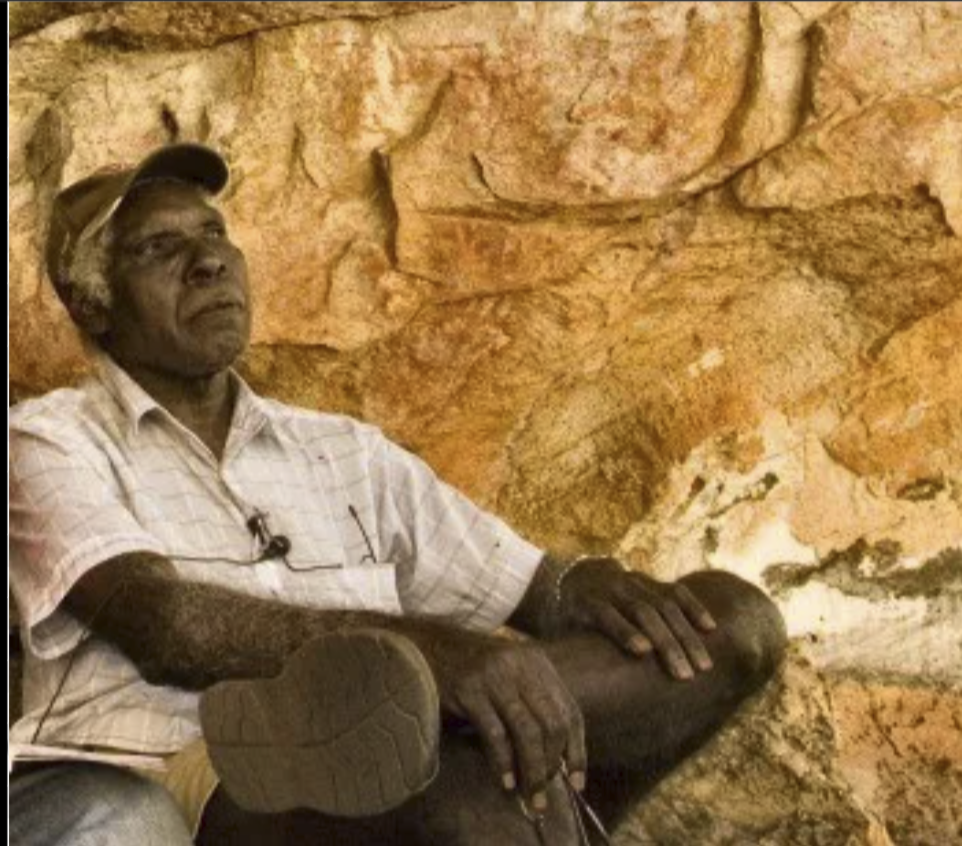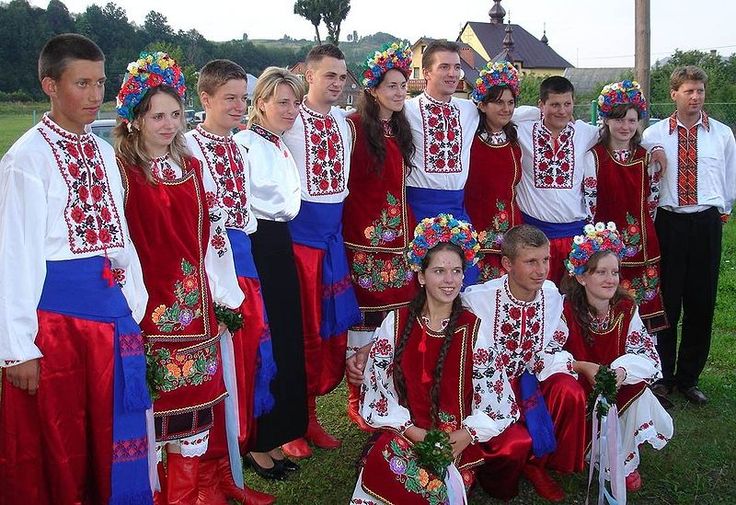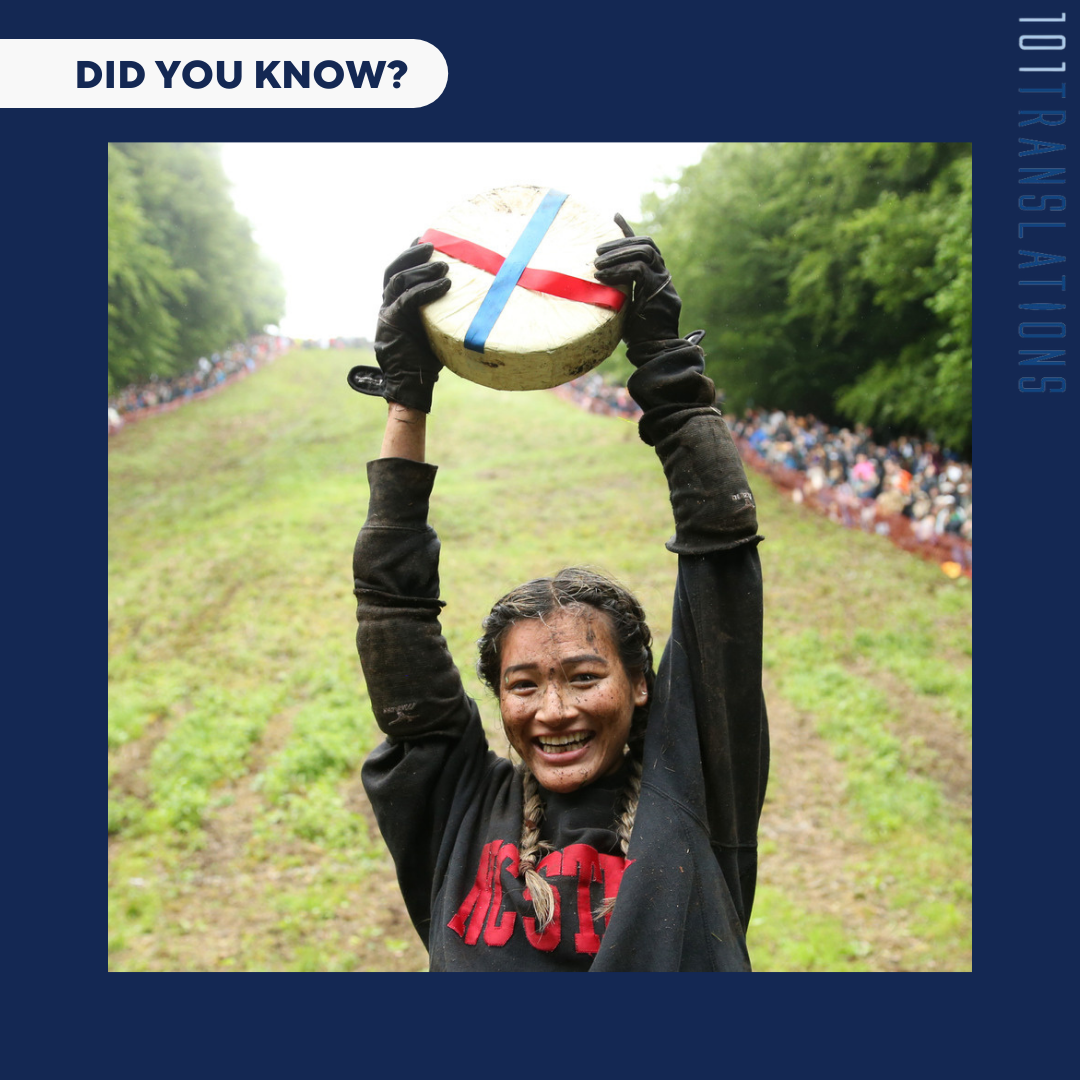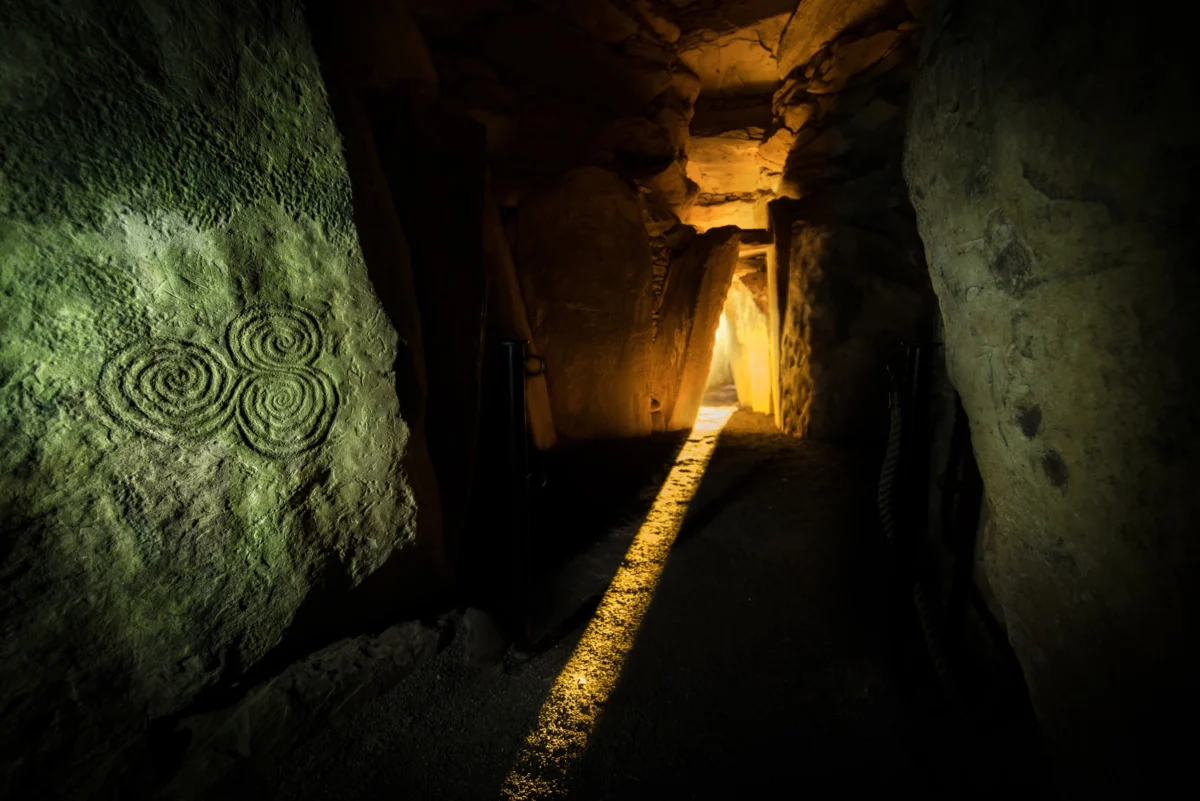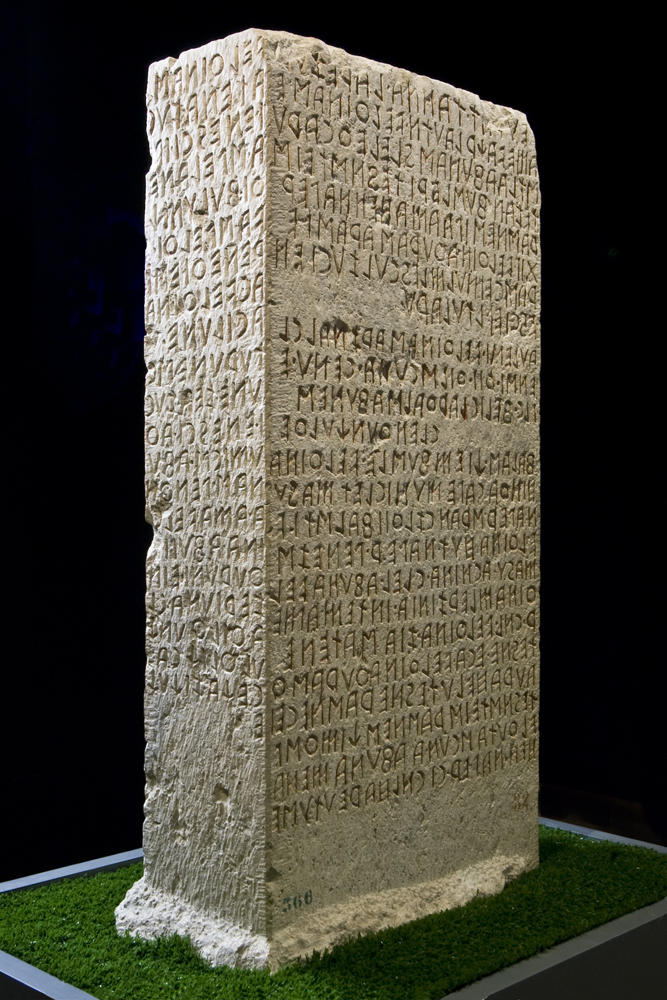Every year, the community of Whitehorse in Canada’s Yukon Territory holds a hair-freezing contest. Competitors sit in a hot spring in cold ambient temperatures and sculpt their hair as it freezes in the gelid air. Hair freezes in about a minute, and the shape competitors’ hair takes comprises their entry.
With substantial cash prizes for the winners, there are always plenty of contenders!


